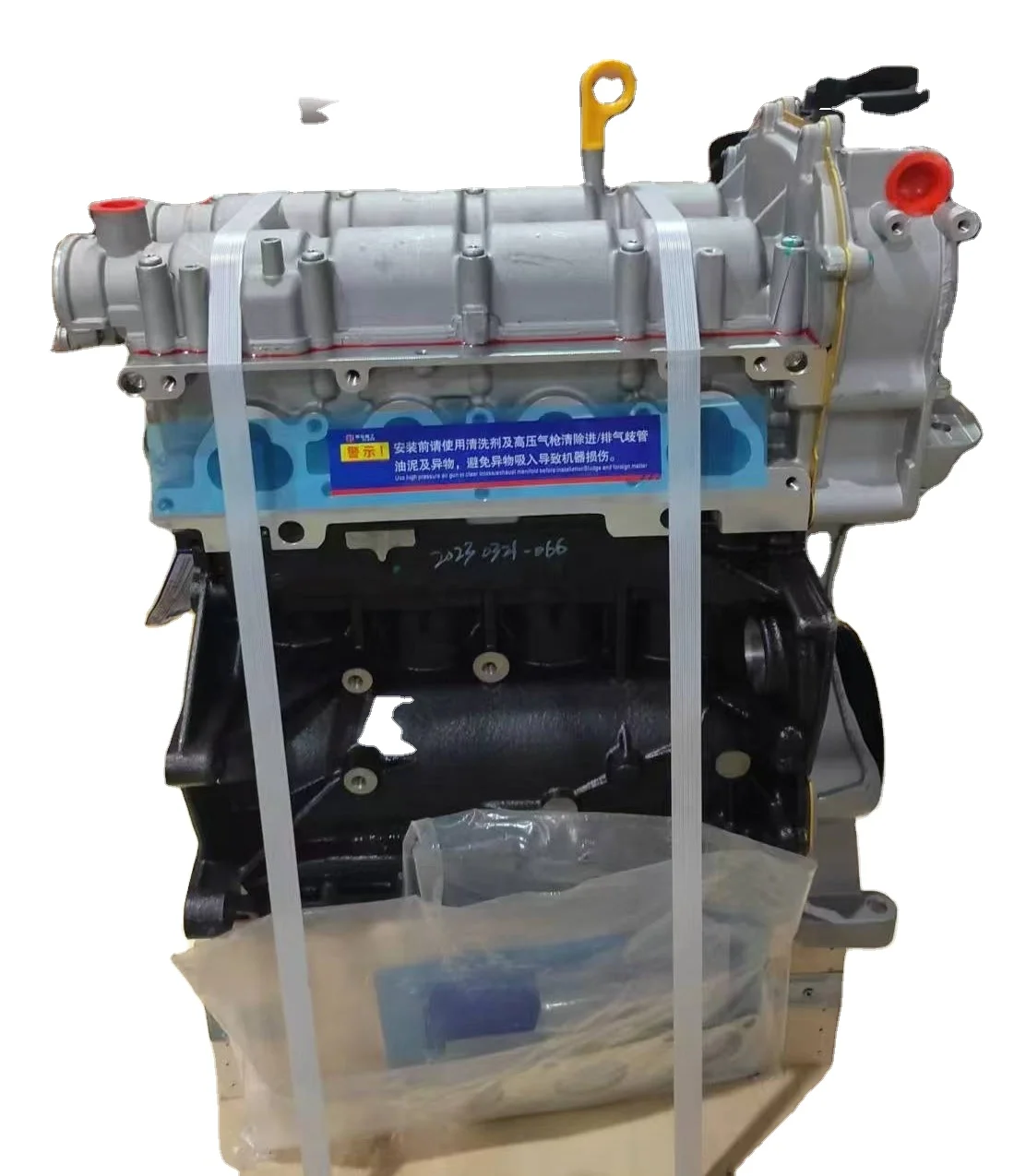Invest in a powerful clp engine for demanding tasks.
Invest in a powerful clp engine for demanding tasks.
Blog Article
Exactly How a Clp Engine Can Enhance Efficiency in Numerous Industries
The advent of CLP engines marks a considerable change in functional efficiency across different fields, driven by their ability to optimize fuel usage and decrease downtime. As organizations increasingly focus on sustainability along with effectiveness, the function of CLP engines ends up being also a lot more critical.
Review of CLP Engines
CLP engines, or Continual Fluid Propellant engines, represent a significant development in propulsion technology, specifically for area applications. These engines use a continuous feed system that permits the continual expulsion of propellant, resulting in enhanced performance and efficiency compared to typical strong or hybrid propulsion systems. By maintaining a constant circulation of liquid propellant, CLP engines can achieve a lot more accurate thrust control, which is vital for navigating spacecraft in various goal situations.
The design of CLP engines incorporates innovative products and innovative gas administration systems. clp engine. This results in lowered weight and boosted reliability, essential variables for long-duration area missions. Furthermore, the constant operation decreases the danger of burning instability, a typical challenge in traditional rocket engines.

Benefits in Manufacturing
The manufacturing of Continual Fluid Propellant (CLP) engines presents numerous notable benefits that boost both efficiency and cost-effectiveness. Among the main benefits is the streamlined production procedure, which minimizes the complexity related to conventional propulsion systems. By utilizing fluid propellant, makers can accomplish higher precision in engine efficiency, bring about enhanced energy output and reduced waste.
In addition, CLP engines promote a greater degree of modularity, allowing for simpler assimilation right into different manufacturing lines. This versatility can significantly lower preparations and enhance general operational adaptability. Making use of CLP technology additionally has a tendency to minimize the demand for substantial maintenance as a result of fewer relocating parts, which converts into reduced downtime and functional prices.

Applications in Logistics
Leveraging Constant Fluid Propellant (CLP) engines in logistics uses considerable benefits in operational effectiveness and dependability. These engines supply a robust remedy for numerous transport demands, making it possible for the smooth activity of items throughout vast distances. The fundamental style of CLP engines permits regular power outcome, which converts right into smoother and extra foreseeable transport timetables.
Among the vital applications of CLP engines visit this site in logistics remains in sturdy products transportation, where they can drive both ground and airborne cars. Their capability to preserve high performance under differing load conditions makes sure that shipment timelines are satisfied, consequently improving consumer complete satisfaction. Furthermore, CLP engines can be integrated right into automated logistics systems, facilitating real-time tracking and optimizing route preparation.
Additionally, the longevity of CLP engines reduces upkeep downtime, permitting logistics firms to optimize their operational capabilities. This is specifically valuable in warehousing procedures, where efficiency in taking care of and transporting goods is essential. As logistics continues to develop, the integration of CLP engines stands for a forward-thinking approach that not just improves efficiency however also sustains the industry's growing demands for integrity and speed.
Effect On Energy Effectiveness
Just How do Constant Fluid Propellant (CLP) engines enhance power efficiency in transport? CLP engines utilize a regular flow of fluid fuel, maximizing burning processes and preserving a stable drive result. This layout reduces energy losses linked with conventional burning engines, where gas delivery can vary and cause inadequacies.
The continuous operation of CLP engines enables an extra reliable thermal cycle, resulting in higher certain impulse contrasted to standard engines. clp engine. This translates to decreased gas usage for the exact same quantity of job done, significantly lowering operational costs across different transport markets, consisting of aeronautics and maritime sectors
In addition, the ability of CLP engines to maintain optimal performance under varying load problems lowers the need for frequent acceleration and deceleration, additionally improving fuel performance. Enhanced energy effectiveness not only adds to set you back financial savings but also results in decrease greenhouse gas discharges, aligning with international sustainability objectives.
Future Trends and Innovations
Arising improvements in Continual Fluid Propellant (CLP) engine technology promise to transform the landscape of transportation effectiveness and sustainability. As markets pivot toward greener alternatives, CLP engines stand at the center, incorporating ingenious materials and design techniques that boost efficiency while reducing environmental influence.
Among one of the most encouraging patterns is the adoption of crossbreed systems that integrate CLP engines with sustainable energy resources. This like this synergy can optimize gas usage and decrease exhausts, lining up with global sustainability objectives. Additionally, improvements in computational fluid characteristics (CFD) are assisting in the style of even more aerodynamically effective engines, resulting in reduced drag and enhanced fuel performance.
Furthermore, additional info the advancement of smart tracking systems is readied to improve functional efficiencies. These systems utilize data analytics and IoT innovation to maximize engine performance in real-time, making certain that the engines operate within their most effective parameters.
As research study remains to explore alternate propellant solutions-- such as biofuels and synthetic fuels-- the future of CLP engines looks encouraging. By harnessing these advancements, sectors can not only enhance their efficiency however additionally add substantially to a cleaner, extra sustainable future in transport.
Conclusion
In verdict, CLP engines represent a considerable advancement in effectiveness throughout multiple markets. Their capacity to enhance fuel intake and decrease functional prices, integrated with a continual feed system, enhances power outcome and functional dependability. The assimilation of advanced materials and less relocating components reduces upkeep needs, while positioning with sustainability goals placements CLP engines as an essential technology for the future. Proceeded innovation in this field promises further improvements in efficiency and environmental efficiency.
Report this page